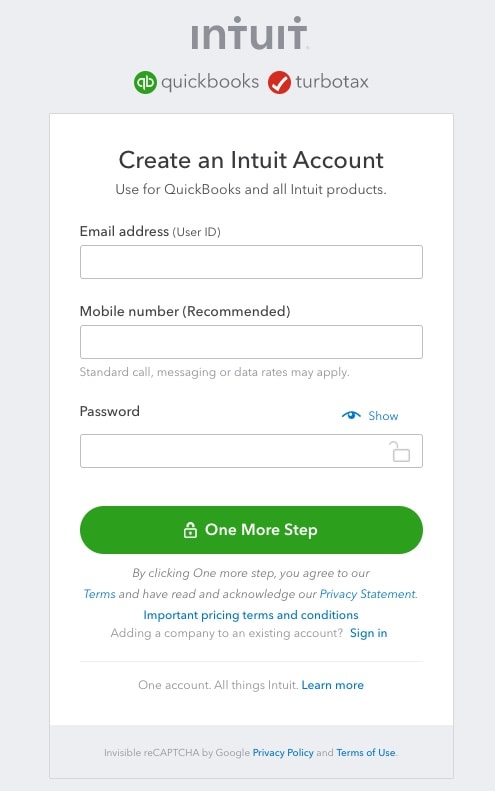Turn on suggestions
Auto-suggest helps you quickly narrow down your search results by suggesting possible matches as you type.
Showing results for
A UK company supplying a service in the UK to a customer whose business address is in Poland. Both companies are VAT registered. Is the Invoice VATable?
Yes, the invoice should be vatable, @Fiona. I'll provide more information about the VAT code you can use on your sales transactions.
Since you provide services to Poland, which is a European based VAT-registered customer, you can use the ESZ (European Services Zero) or EGZ (European Goods Zero) when invoicing. This means that there's no VAT charged.
Although Poland and the UK belong to the same continent, they have their own currencies. However, QuickBooks only recognizes the home currency. In this case, you'll need to convert the amount so you can record it in the system. You can read about working with exchange rates to learn more about this.
For additional information, I'm including some helpful articles that you can check about different VAT codes and how to use this feature:
Once done, you'll want to run a report to see what exceptions QuickBooks made for you: VAT exceptions and reports in QuickBooks Online.
If you have other inquiries or vat concerns, let me know in the comments below. I’ll be around to back you up. Have a great weekend ahead.
I'm confused. The actual job which is a crane lift of some items onto a lorry is taking place in this country, UK. We are invoicing the company with the Polish address.
Hello there, @Fiona. I want to ensure you'll be able to account for the invoice of your customer located in Poland.
In QuickBooks Online (QBO), you can issue an invoice in different foreign currencies. However, when recording the payment, the system only uses the home currency bank account or the bank account with the currency that matches the transaction.
That said, you'll need to create a dummy bank account in the home currency to facilitate the movement between 2 different foreign currencies. Before we start, ensure that the Multicurrency feature is turned on. Please know that this process is irreversible.
Once ready, you can refer to this article: Receiving and making payment for a foreign invoice/ bill with a foreign currency. This is for QBO SG, however, the steps outlined are also applicable for users of the QBO UK version.
Then, to account for the VAT of the invoice for your client in Poland, I recommend consulting your accountant for guidance. This way we can make sure that you'll enter the transactions accurately and avoid messing up your books. If you're not affiliated with one, you can use our Find an Accountant tool to look for one near your area.
I also include this helpful resource that you can access to serve as a guide in categorising and matching your transactions: Categorise and match online bank transactions in QuickBooks Online.
I'm always here ready to lend a hand if you have any other concerns about managing invoices in QBO. Have a good one and stay safe.
I'm not surprised you're confused ... everything above is either plain wrong or entirely unrelated to the question you asked (even after your clarification).
@DivinaMercy_N & @JamaicaA & all QBO Customer Services reps ... please, please, please stop advising UK based users to use EU VAT Codes. These are no longer relevant (except for NI).
Back to the actual question... VAT for Services export can get complicated because you need to look at what's called the Place of Supply https://www.gov.uk/guidance/vat-how-to-work-out-your-place-of-supply-of-services
In this case, given that the service is taking place in the UK & you are VAT registered then the service is VATable - you charge and account for VAT according to UK VAT rules. The fact that the customer is based outside of the UK is irrelevant.
The Polish business can reclaim the VAT from HMRC (not Polish VATman) but the process is a bit complicated (unless they are already registered for VAT in the UK).
As with most things to do with VAT, there is a possible caveat that I'm not 100% sure about. If you are loading a lorry that is then going for export it could be argued that the loading service is related to the export transport. Export Transport/Shipment is Zero Rated so the related loading service may also be zero rated. Personally, I wouldn't do it this way though without consulting HMRC VAT Helpline.
Hope this helps.

You have clicked a link to a site outside of the QuickBooks or ProFile Communities. By clicking "Continue", you will leave the community and be taken to that site instead.
